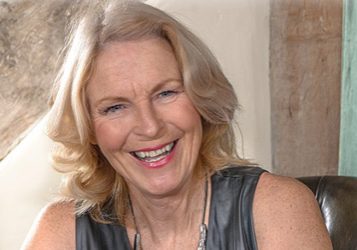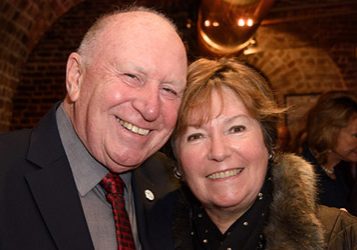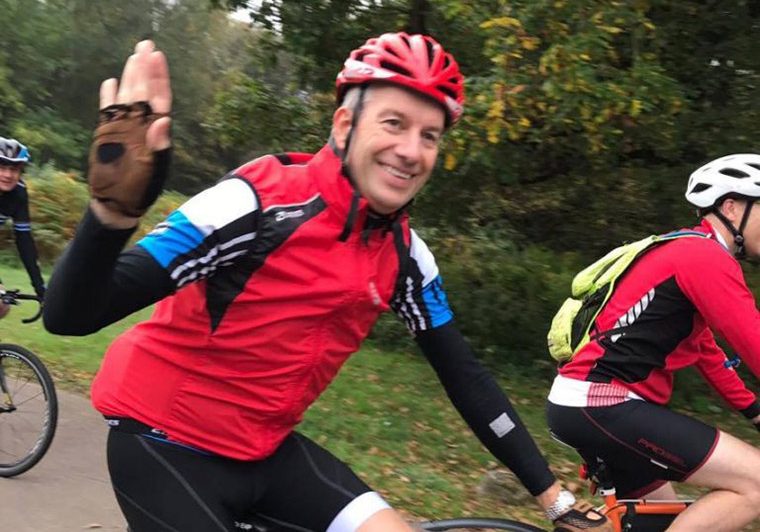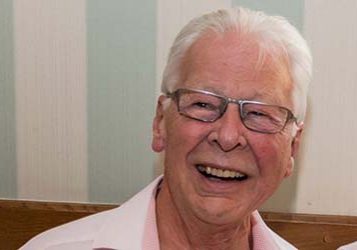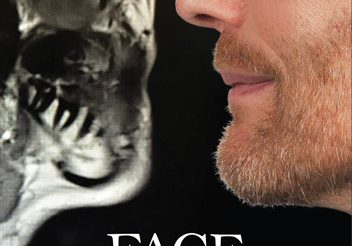Caroline’s story – HPV 16 Oropharyngeal Squamous Cell Carcinoma – a female perspective
In February 2018, I received the shocking news that I had oropharyngeal squamous cell cancer, a form of head and neck cancer caused by HPV. The diagnosis came after months of investigations at Salisbury hospital for a damson-sized lump on the right side of my neck.
Despite good results from ultrasound scans, needle aspirations, a camera scope up my nose and down my throat, a CT scan and finally a PET scan (specifically to check for cancer cell activity), it turned out to be cancerous. I found out that I had oropharyngeal squamous cell cancer caused by the HPV virus.
The primary site of the cancer was found in the lingual tonsil, a difficult area to operate on due to its proximity to important structures like the carotid artery and jugular vein. I therefore faced two operations: one to secure the carotid artery and another to remove the tumour. In the end I never had the operation to remove the tumour because too much time had passed since investigations started, so it was decided to go straight to chemo-radiation. This was a bit worrying but was the best choice in hindsight.
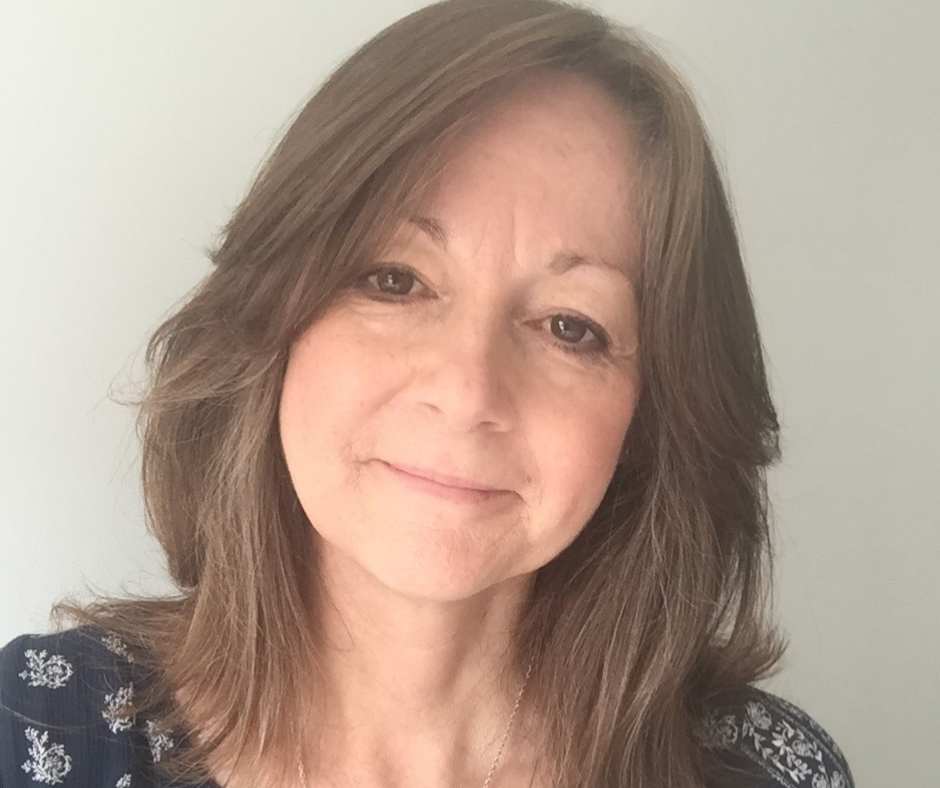
The treatment plan involved radical chemoradiation (6 weeks of radiotherapy Mon- Fri and some Saturdays, with one long day a week of chemotherapy all morning before radiotherapy in the afternoon). There can be intense side effects: loss of ability to eat, swallow and talk due to severe burns, ulcers and destruction of the delicate and protective mouth lining (the mucosa). There was also loss of taste, and, prior to loss of saliva gland function, thick stringy mucous would gather at the back of my throat which I had to regularly remove via gagging and spitting.
The mucosa protects the inner mouth from burning, so when the protective barrier is destroyed it results in extreme sensitivity. The radiotherapy was unpleasant too, because I had to wear a thermoplastic mask made to fix me to the radiation table so that I couldn’t move my head, as this would risk my brain or spinal cord being radiated and damaged.
I also participated in a trial for laser therapy to help alleviate some side effects, but unfortunately, the treatment turned out to be a placebo at best. Talking became difficult during the hardest part of treatment, but it softened to a husky hoarseness. I would learn to feed myself via a tube inserted direct through my skin and into my tummy, via an endoscopic procedure.
The recovery process was tough, but I slowly started to regain my strength and taste sensation. However, my sense of taste was unpredictable, and I had to relearn how to eat certain foods. The lack of saliva due to the treatment was a long-term issue that affected my eating habits.
Despite the difficulties, I remained optimistic and grateful for surviving the ordeal. 5 weeks after my treatment I was able to travel to London by myself to visit my daughters. By September 2020, my condition had improved, and I could eat most foods my family did, although some things remained challenging. Walking and daily exercise helped with fatigue, but my weight remained the same as before treatment.
Now, in May 2023, I am continuing to recover, and my food consumption has improved. I have different tastes compared to before, and reduced saliva remains a long-term issue. Despite the lingering challenges, I am thankful to be alive and planning to take on a charity walk this summer.
Cancer treatment is a difficult journey, but it can be overcome with perseverance and medical support. Early detection and acting promptly are crucial for the best possible outcome. I hope my experience can raise awareness about the risks of HPV-related cancers and the importance of regular check-ups and vaccinations.
Patient Stories
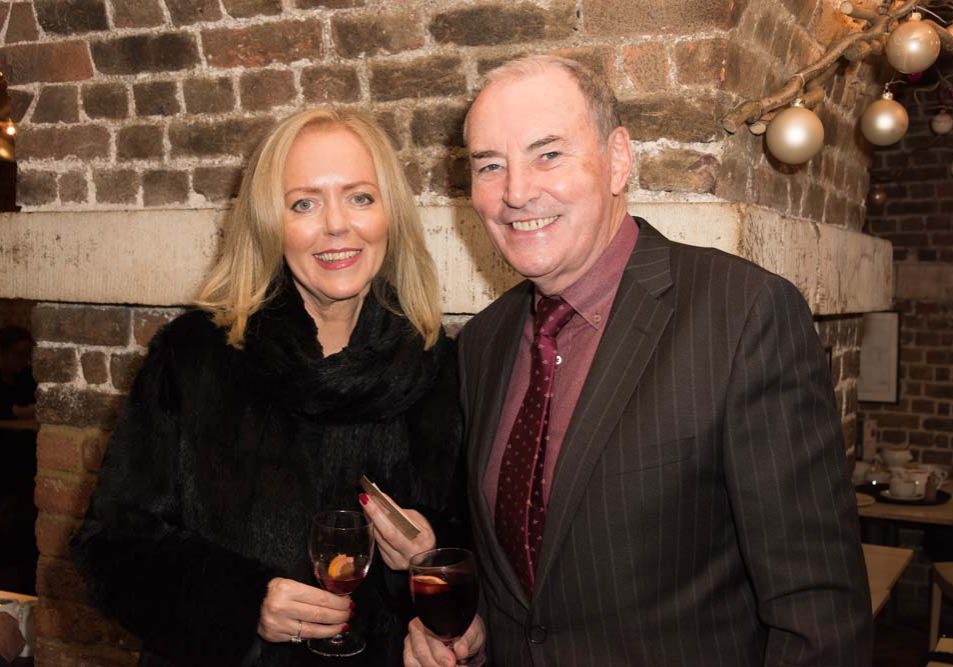
Suzie Cooke – a lesson in not taking ‘no’ for an answer
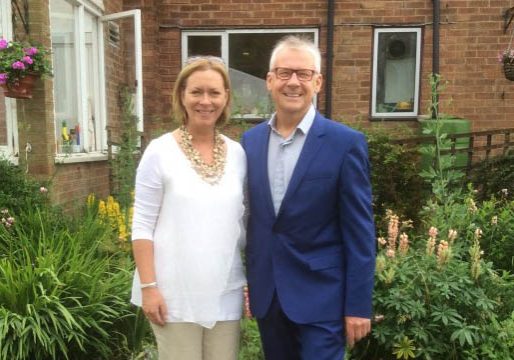
Nigel Lloyd-Jones – being told “you have cancer” is life changing
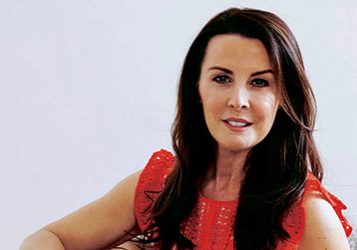
Belinda Gilfoyle – a slow recovery and learning to stay positive

Salivary Ductal Adenocarcinoma news “hit me like a train”
